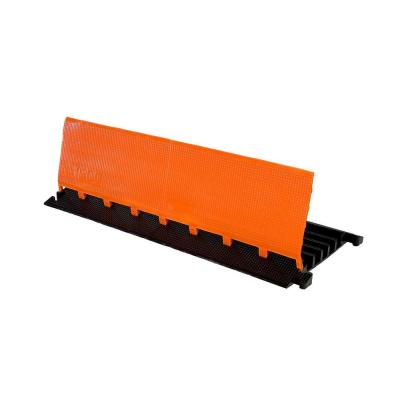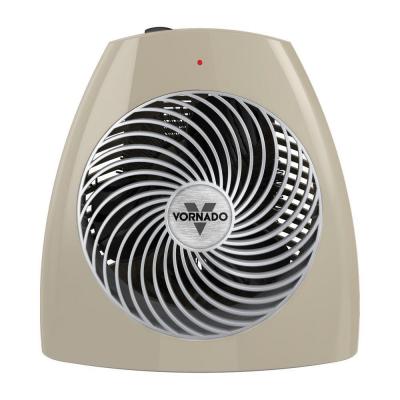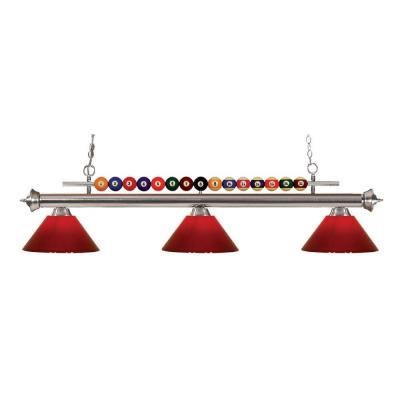Homeowner Resources & Services
- First Choice Power in Houston, TX
- Paje Mechanical Inc in Brooklyn, NY
- North America Security & Sound in Beaver Falls, PA
- Mccaulley R in Magnolia, OH
- Camden Electricians in Camden, NJ
- Another Electrician in Yucaipa, CA
- Herman Joseph Electrical Contr in Roselle Park, NJ
- New Phoenix Electric in Daly City, CA
- Ideal Conditions Htg & A C in Jacksonville, FL
-
Dublin, OH: Video Blog: 3 Benefits of Using LEDs
This Old House on how to use them in your home application. 1. THEY SAVE ENERGY Yes, you’ve heard
-
Dublin, OH: Get in Touch with Your Glamorous Side
7 Illuminating Strategies to Highlight your New Crystal Chandelier 1. Size and i
-
Dublin, OH: Light on Mother’s Day: Get the “Honey-do” List Ready
Mother, MAY I? Brighten Her Day and Tackle the “Honey-Do” List with Great Illumina
-
Dublin, OH: Selling Energy Storage to Existing Customers
One of the limitations of some grid-tied photovoltaic systems is that the owner will only benefit
-
Dublin, OH: LED Retrofit Kits and Corn Light Bulbs: Long-Lasting, Energy-Efficient Alternatives to HID Bulbs
We’re offering new options for converting high-intensity discharge (HID) housings
-
Dublin, OH: New Mini LED Wall Packs Provide Powerful Illumination
We’re excited to announce the arrival of our new line of
-

1.375 in. 5 Channel Cable Protector
Brand :- N/A Price :- $61.15 -

MVH 1500-Watt Whole Room Vortex Electronic Portable Fan Heater - Tan
Brand :- Vornado Price :- $35.99 -

Kerstin 3-Light Brushed Nickel Billiard Light
Brand :- Filament Design Price :- $264 -

ProHD Full HD 1,080P 2MP Wi-Fi/Wireless IP Security Camera IP2M-841B, Black (3-Pack)
Brand :- Amcrest Price :- $179.99